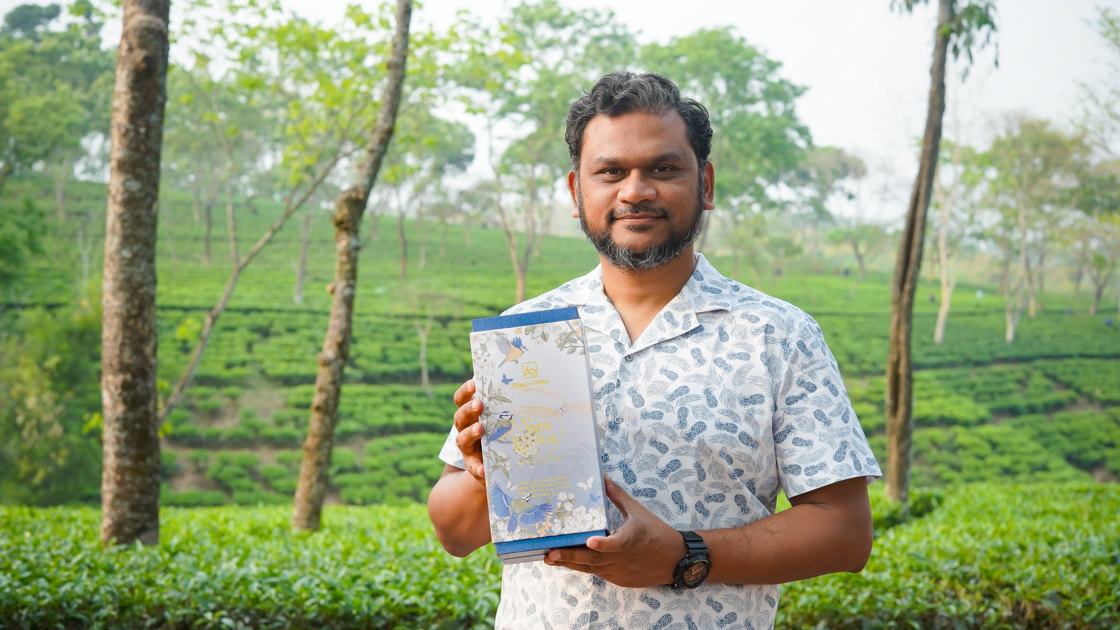
I have written about the importance of self-knowledge to live a full life in the past. Knowing ourselves is the most difficult task of all for which all our work are but preparation. Doing any meaningful work — that includes building companies and leading people — begins at home, within ourselves. Unless we know ourselves, we can't know others. Unless we can lead ourselves, we can't lead others. Leadership begins with leading ourselves first. Because our internal dynamics dictate our external actions.
"Often we are the biggest obstacle to our own personal and professional growth. Inner work allows us to overcome the limitations of our personal history and transform our world view to more productive ones." This inner work is what leads us to self-awareness.
In 11 important founder traits I put self-knowledge as the most important skill for founders. "Understanding the self is the highest form of education. Founders should understand themselves well. The importance of self-knowledge is immense when it comes to building organizations. The journey of an entrepreneur not only involves a lot of interpersonal dealings, but also endless streams of difficulties and challenges. Without a proper understanding of the self, first of all, we will not be able to deal with ourselves — our emotional ups and downs — and deal effectively with others either. The first skill founders should try to develop is a thorough understanding of the self — what makes you tick, what excites you, what depresses you, when you operate better, and so on."
In this excellent conversation with Halda Valley Food and Beverage Founder and Managing Director Shamim Khan, I had the opportunity to validate this understanding — why it is critical for leaders to be self-aware and how we can approach the important work of self-refinement.
Mr. Khan's answers offer an insight into what it means to lead truly and why we should not take the act of leading lightly. I pull two questions out of our conversation here. You can find the entire conversation here.
Firstly, as a leader, I am always trying to work harder. A leader must set an example of what he/she expects from his/her teammates. If slacking off, your team will lose respect for you. Instead, work hard.
Taking responsibility is the highest mark of great leaders. I never shy away from accepting criticisms for my mistakes. For instance — I had made some strategic mistakes when we launched one of our latest tea products and now we’re re-thinking about it and trying to rectify the mistakes. That is, we must remember that mistakes happen and we should work to fix them, not simply blame people for them. Leadership and learning is an endless process. You can never say that you are the best because there are always scopes for improvement.
As a leader, it is very important to be self-aware. We should be able to judge ourselves more than we judge others. I have been on a journey to refine myself as a leader. I think that is your biggest job as a leader — becoming an ever more refined version of yourself. That comes from a sense of honest self-awareness.
It isn't anything specific. I try to learn all the time. I follow people like Brian Tracy and Philip Kotler and try to learn from them.
Steve Jobs has always been a source of inspiration for me. I conduct my own data analysis for my company. This was something I learned on my own. I give a lot of thought to how my company can perform better. As I mentioned before, I closely observe the Sri Lankan brand Dilmah. Every tea has a legendary background, which I attempt to incorporate into Halda's brand story.
My learning journey is non-linear. I’m a keen observer of myself and the world around me. I blend that with an open mind to accept new information and knowledge and change my view when I come across different evidence.
